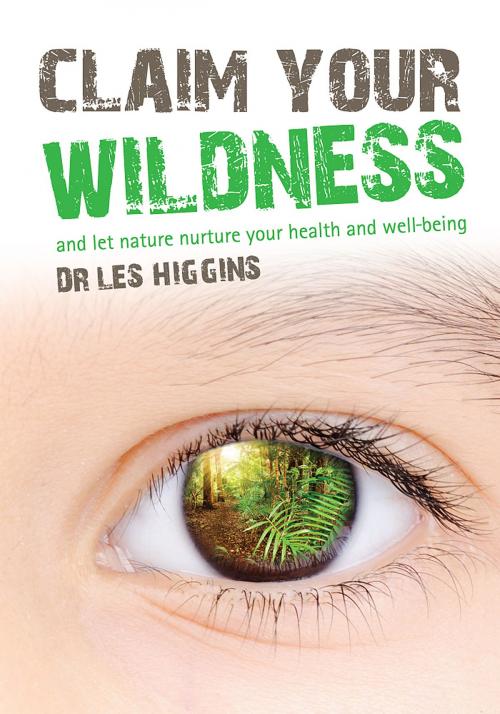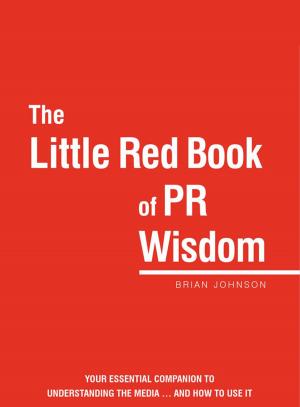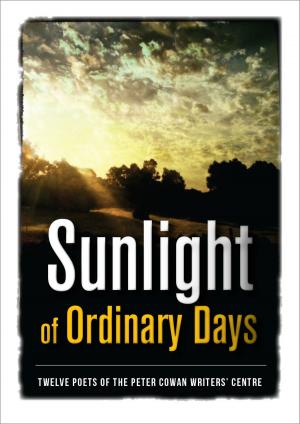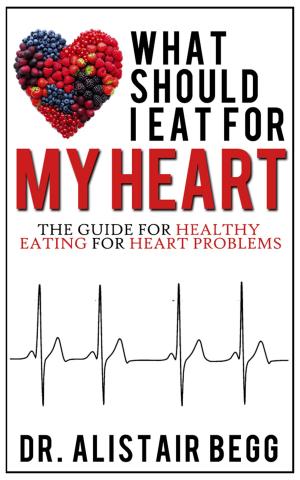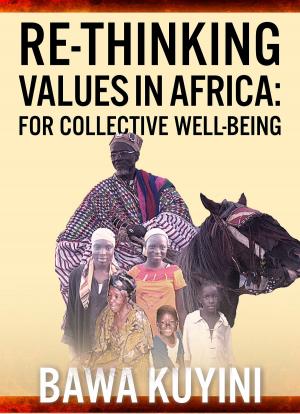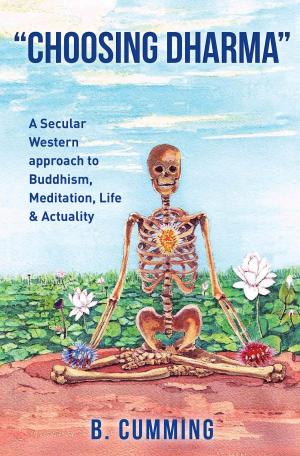Claim your Wildness
And Let Nature Nurture Your Health and Well-being
Nonfiction, Health & Well Being, Health, Healthy Living| Author: | Dr Les Higgins | ISBN: | 9781925086812 |
| Publisher: | Vivid Publishing | Publication: | September 12, 2013 |
| Imprint: | Language: | English |
| Author: | Dr Les Higgins |
| ISBN: | 9781925086812 |
| Publisher: | Vivid Publishing |
| Publication: | September 12, 2013 |
| Imprint: | |
| Language: | English |
Claim Your Wildness is essential reading for everyone interested in the contribution nature can make to their physical, mental and social well-being. It will be especially welcomed by parents, teachers and others concerned about children’s declining exposure to the natural world. The book has great relevance also for people who are intuitively aware that nature is good for them but have yet to discover the extent of that “goodness” and how to tap into it. Written by Dr Les Higgins, a health educator and researcher with extensive experience in bushwalking and other outdoor activities, the book blends science, personal observation and experience to explain • why we need to have regular contact with nature, • what nature can contribute to our health, well-being and quality of life, and • how everyone can enjoy the gifts that nature offers. The book leaves the reader in no doubt that “few elixirs have the power and punch to heal, restore, and rejuvenate the way that nature can.” Higgins shows how our need of nature arises from the instinctive attraction we all feel towards animals, plants and the natural world generally. This attraction exists because we are still creatures of the wild as far as our brains are concerned. But only the beginnings of the attraction are built into our brains. For the attraction to become a rich and beneficial relationship, we need to nurture it by having regular contact with nature. Seeking and benefiting from such contact is what it means to claim your wildness. The benefits of connecting with nature are as bountiful as they are beneficial. Higgins’ account of these benefits is comprehensive and his packaging of them as a set of “gifts” highlights their free availability and value. His seven gifts are: aesthetic pleasure (the beauty buzz), relaxation, restoration, tranquillity, connections (with self, other and the cosmos), wellness and an authentic childhood. Higgins unwraps these gifts for us in a way that is both interesting and inspirational. Most importantly, he successfully conveys that in claiming the gifts, we stand to be healthier, happier and nicer to know. The book’s positive and affirming tone comes through very strongly in its examination of practical issues. Higgins demonstrates that everyone, regardless of their age or circumstances of life, can find ways of connecting with nature. Guidelines and suggestions for connecting with nature appear throughout the book but most are found in the final chapter, which is devoted entirely to the practical business of claiming your wildness both as individuals and as families. Dr Higgins will be using his Facebook page, https:/www.facebook.com/DrLesHiggins, to keep Claim Your Wildness up-to-date and to provide a forum for conversations and the sharing of ideas about connecting with nature.
Claim Your Wildness is essential reading for everyone interested in the contribution nature can make to their physical, mental and social well-being. It will be especially welcomed by parents, teachers and others concerned about children’s declining exposure to the natural world. The book has great relevance also for people who are intuitively aware that nature is good for them but have yet to discover the extent of that “goodness” and how to tap into it. Written by Dr Les Higgins, a health educator and researcher with extensive experience in bushwalking and other outdoor activities, the book blends science, personal observation and experience to explain • why we need to have regular contact with nature, • what nature can contribute to our health, well-being and quality of life, and • how everyone can enjoy the gifts that nature offers. The book leaves the reader in no doubt that “few elixirs have the power and punch to heal, restore, and rejuvenate the way that nature can.” Higgins shows how our need of nature arises from the instinctive attraction we all feel towards animals, plants and the natural world generally. This attraction exists because we are still creatures of the wild as far as our brains are concerned. But only the beginnings of the attraction are built into our brains. For the attraction to become a rich and beneficial relationship, we need to nurture it by having regular contact with nature. Seeking and benefiting from such contact is what it means to claim your wildness. The benefits of connecting with nature are as bountiful as they are beneficial. Higgins’ account of these benefits is comprehensive and his packaging of them as a set of “gifts” highlights their free availability and value. His seven gifts are: aesthetic pleasure (the beauty buzz), relaxation, restoration, tranquillity, connections (with self, other and the cosmos), wellness and an authentic childhood. Higgins unwraps these gifts for us in a way that is both interesting and inspirational. Most importantly, he successfully conveys that in claiming the gifts, we stand to be healthier, happier and nicer to know. The book’s positive and affirming tone comes through very strongly in its examination of practical issues. Higgins demonstrates that everyone, regardless of their age or circumstances of life, can find ways of connecting with nature. Guidelines and suggestions for connecting with nature appear throughout the book but most are found in the final chapter, which is devoted entirely to the practical business of claiming your wildness both as individuals and as families. Dr Higgins will be using his Facebook page, https:/www.facebook.com/DrLesHiggins, to keep Claim Your Wildness up-to-date and to provide a forum for conversations and the sharing of ideas about connecting with nature.
